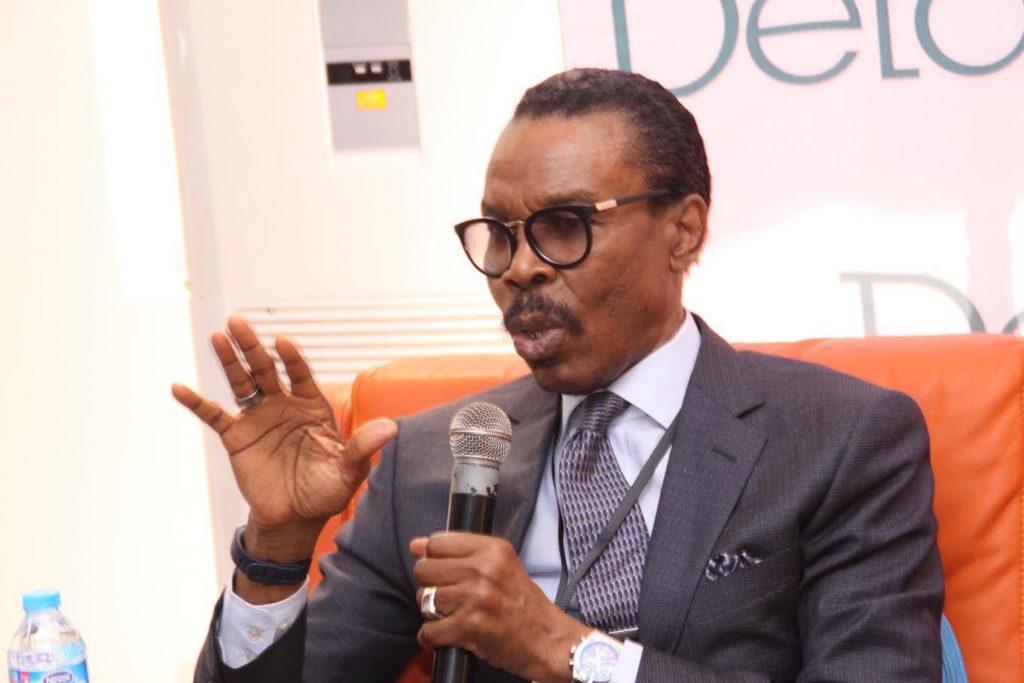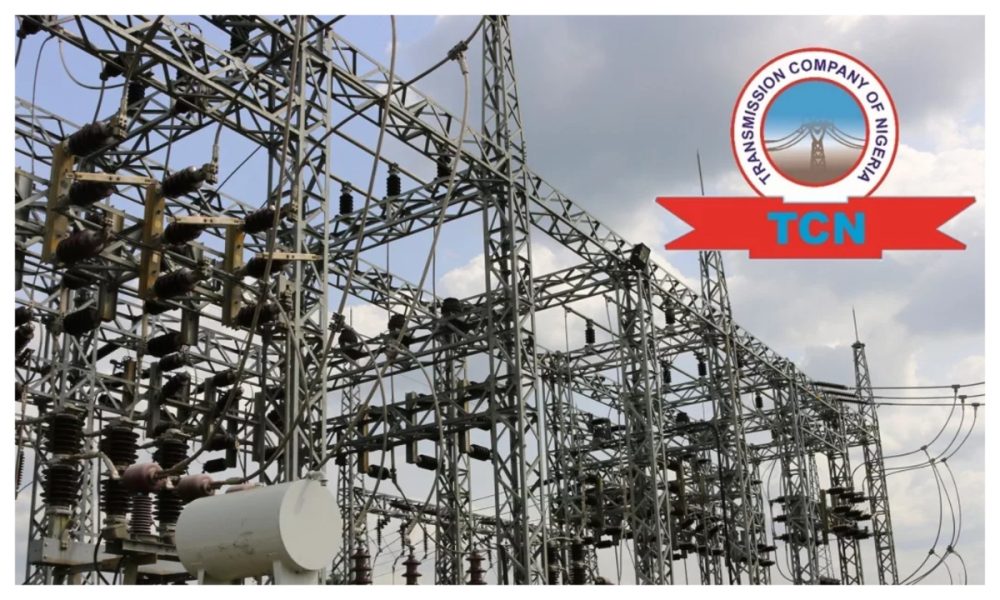Two Nigerian government agencies, the Galaxy Backbone and the Rural Electrification Agency, have signed a partnership to provide electricity and digital connectivity to schools, hospitals, and other public institutions across the country.
This comes as the federal government agencies said the initiative is expected to help unlock $25 billion in revenue annually associated with the lack of electricity and other infrastructural development in Nigeria.
This was made known during a Memorandum of Understanding signing event in Abuja on Friday.
Speaking on the partnership, the Managing Director of GBB, Prof. Ibrahim Adeyanyu, said it would ensure effectiveness in government services to Nigerians.
He explained that the collaboration will ensure that hospitals, universities, security outfits, and government institutions have access to electricity and digital connectivity.
“We are going to target public institutions to make them more efficient and reduce the cost of governance.
“Already, we are looking at starting with a number of federal institutions within Abuja, including the National Hospital and some security outfit institutions within Abuja, and we would like to work this infrastructure deployment to get out of Galaxy Backbone, Abuja.
“Imagine providing access to the internet and electricity to the lowest micro-level of the sub-national, the local government level. Imagine how we would transform local government administration. And this is very much also in line with Mr. President, where the roles and responsibilities of local government have been brought back to make them more effective and to make sure that governance has gone down to the community level,” he stated.
On his part, the Managing Director of REA, Abba Abubakar Aliyu, said the MoU is an effort by President Bola Ahmed to drive inclusive development in Nigeria.
He emphasised that the initiative would unlock $25 billion annually associated with lack of electricity and infrastructural development in the country.
According to him, the partnership will ensure that no community is left behind in Tinubu’s government’s renewed hope agenda and the realisation of its $1 trillion economy target.
“For us, today (Friday), we are showing and demonstrating how two different government agencies can collaborate towards the development of this country. Today, we are showing we are planting the seed to unlock a $25 billion economy. The cost of lack of electricity and associated development initiatives within the country is costing the country $25 billion annually.
“Today, we are looking at contributing to the objective of Mr. President towards the realisation of the $1 trillion economy. Today, we are planting the seed for the development of small, medium, and micro enterprises across the country. Today, we are enhancing the governance of this country by making public institutions more efficient, operating with less cost, and also having all the necessary digital requirements for them to carry out their own functions.
“The nexus between electricity, financial inclusion, and the digital economy cannot be overemphasised. We have seen it over and over in the study that wherever there is no electricity, there is no financial inclusion, and there is no digital value that has been created within those communities. Nigeria has the highest number of people without electricity, which by extension means that the country has the highest number of people that are financially excluded, and they are not reaping the benefit of the digital economy,” he stated.

 Politics9 months ago
Politics9 months ago
 Trending9 months ago
Trending9 months ago
 Politics9 months ago
Politics9 months ago
 Politics9 months ago
Politics9 months ago
















